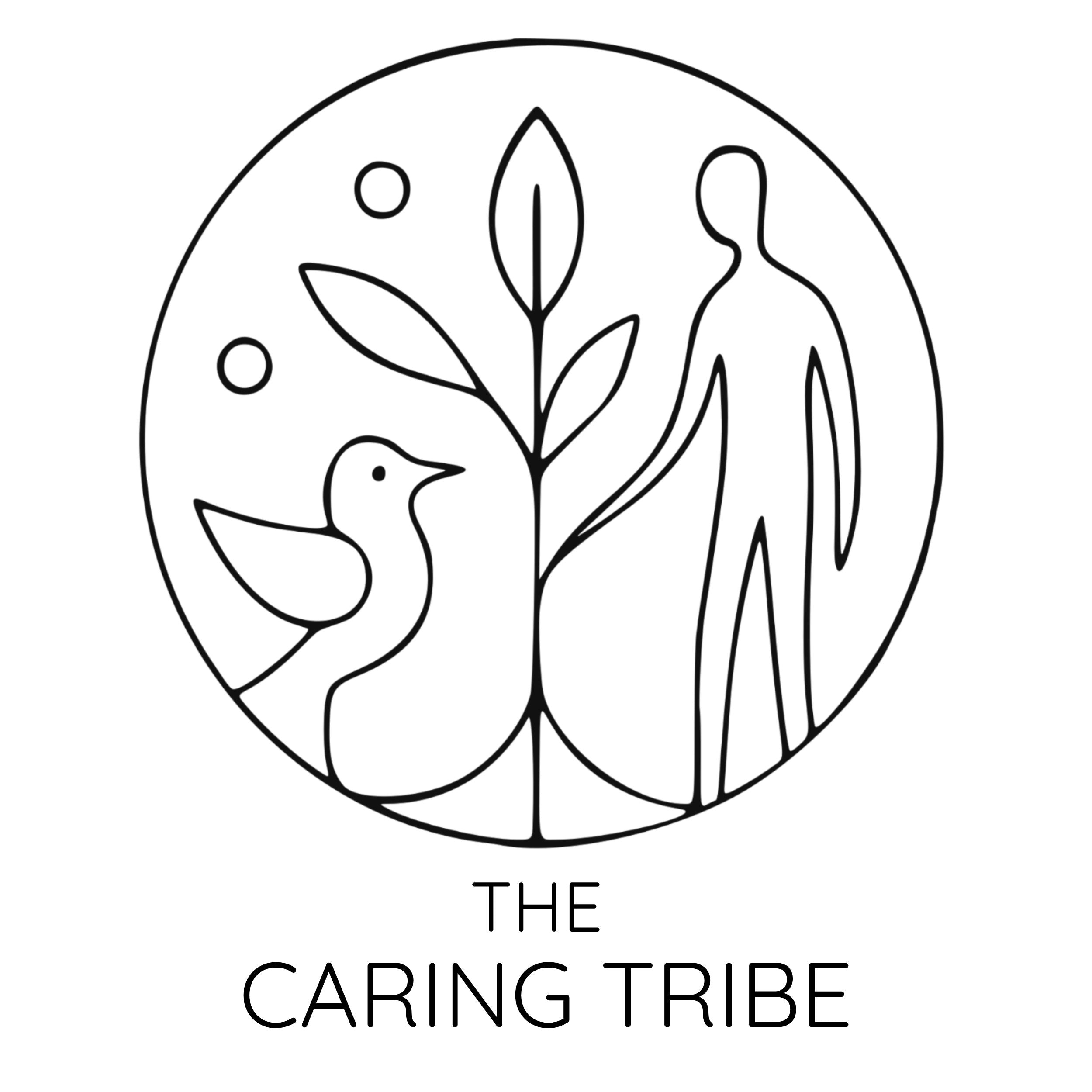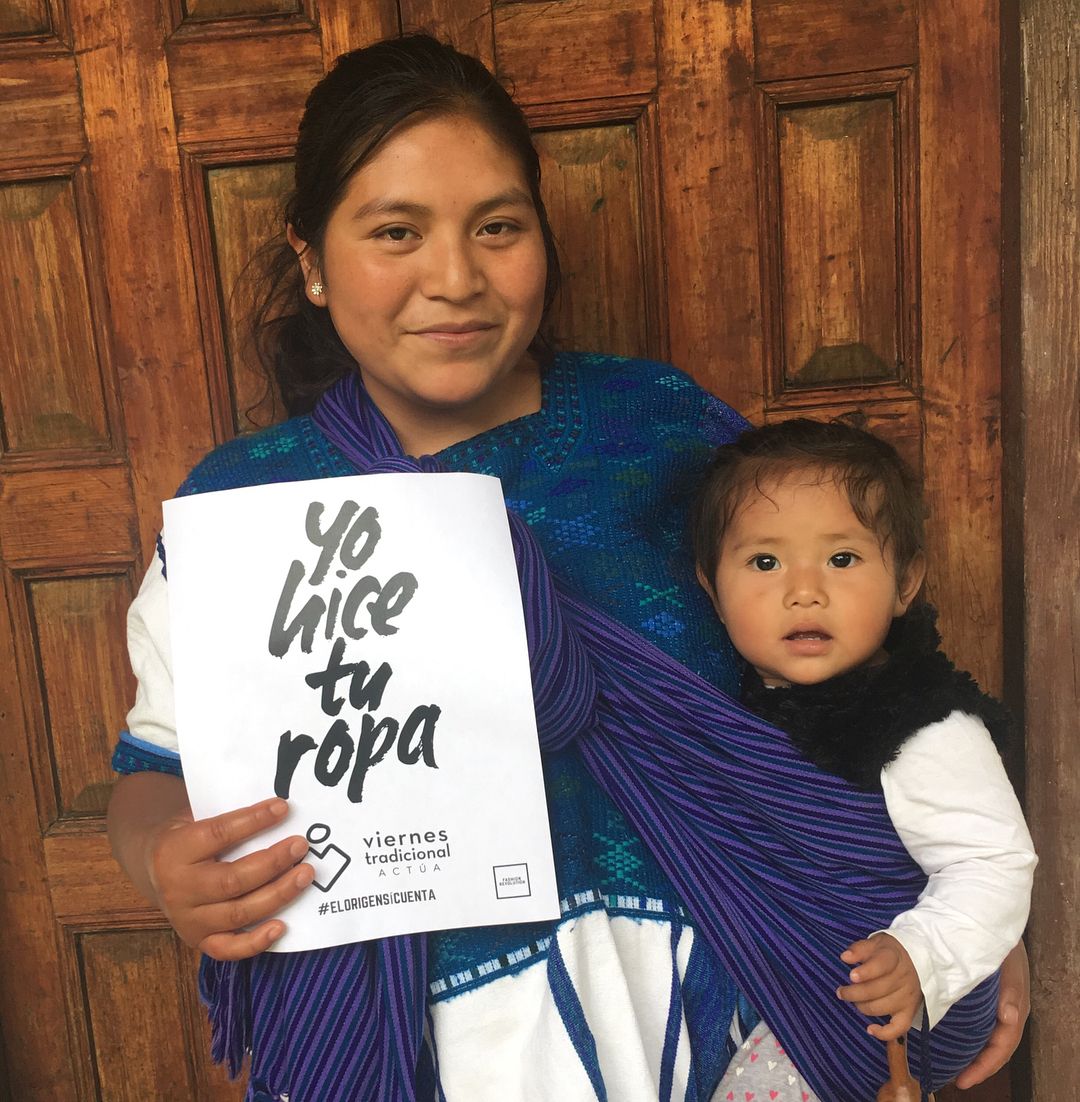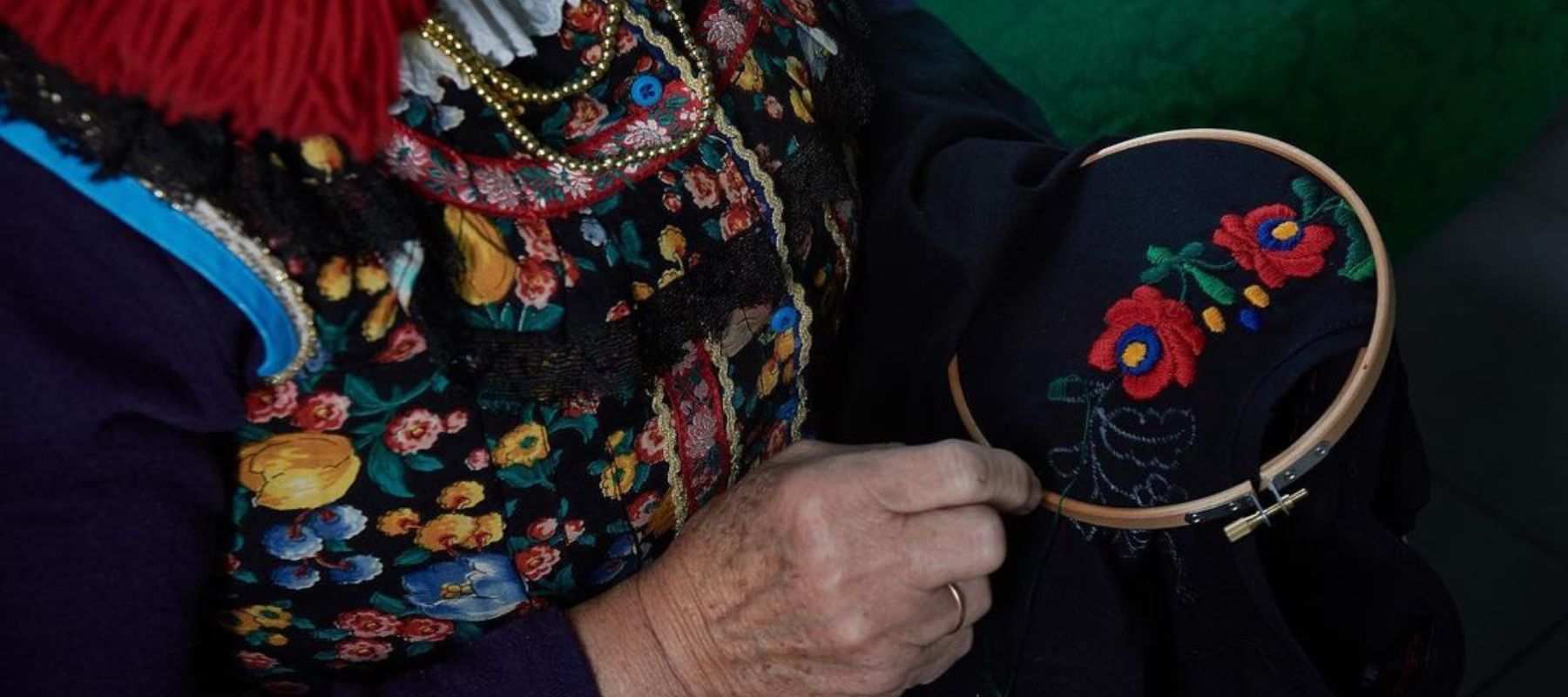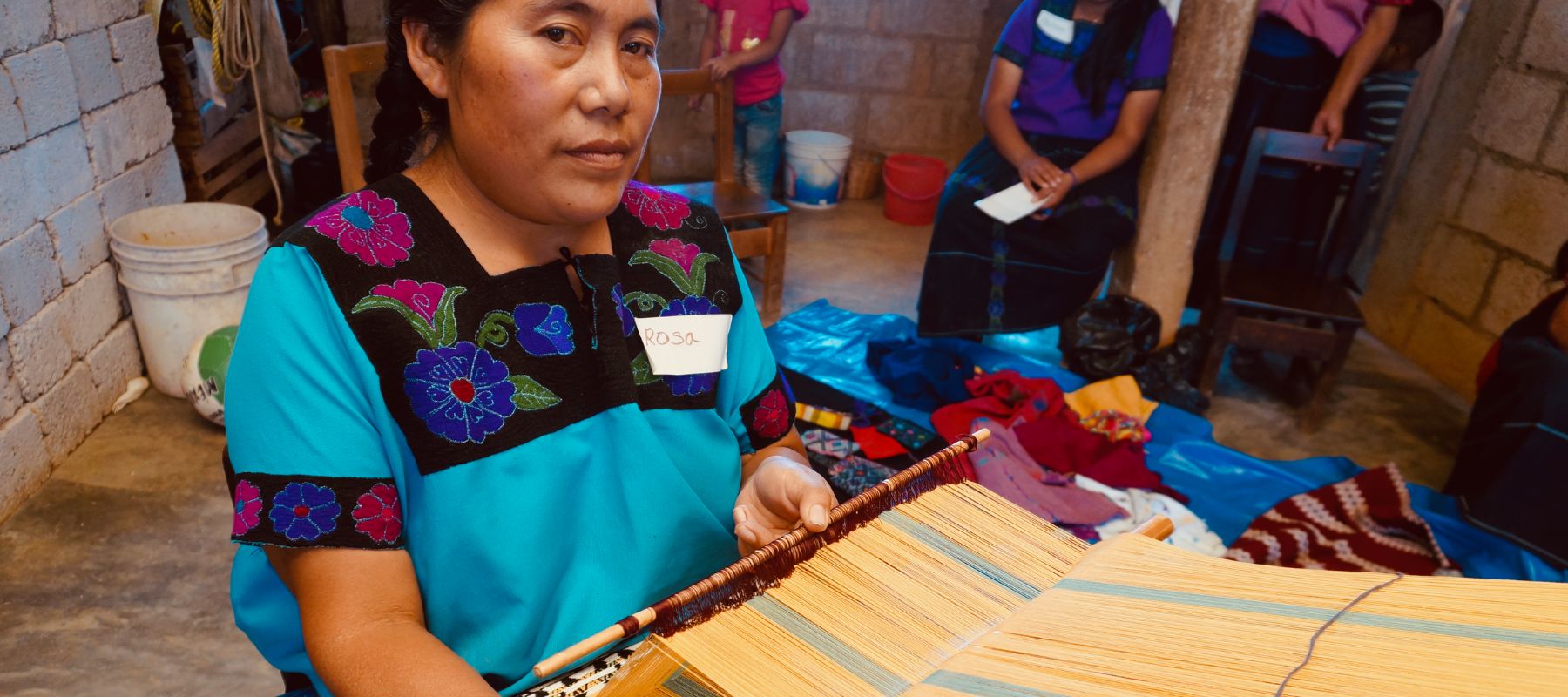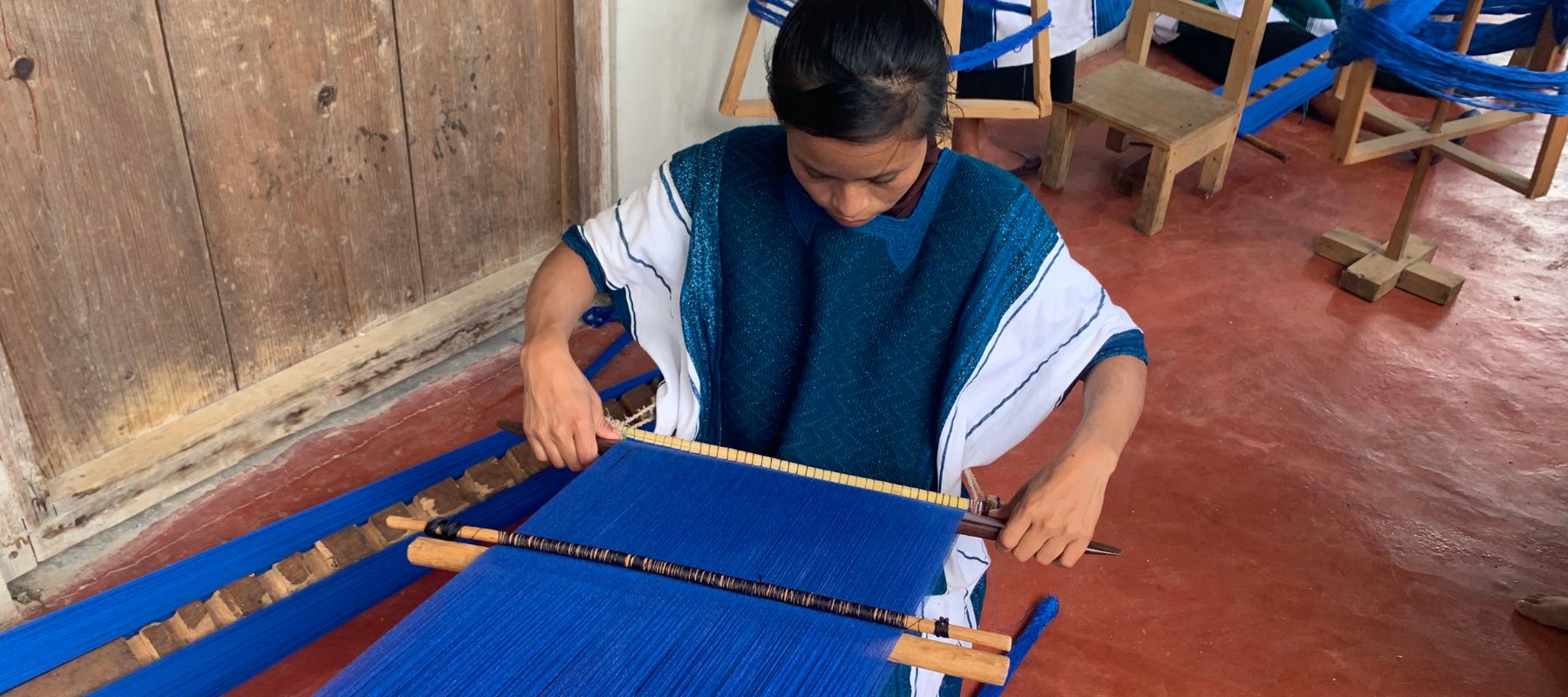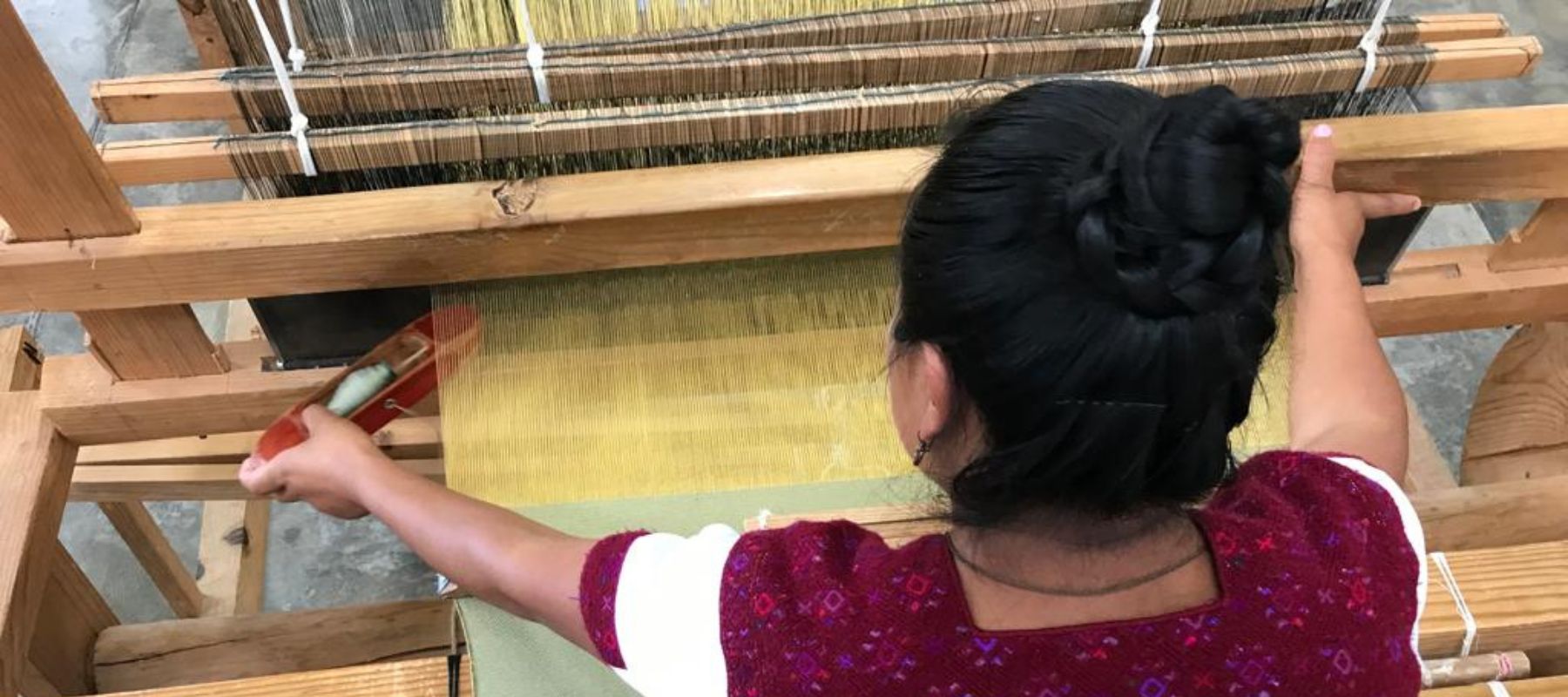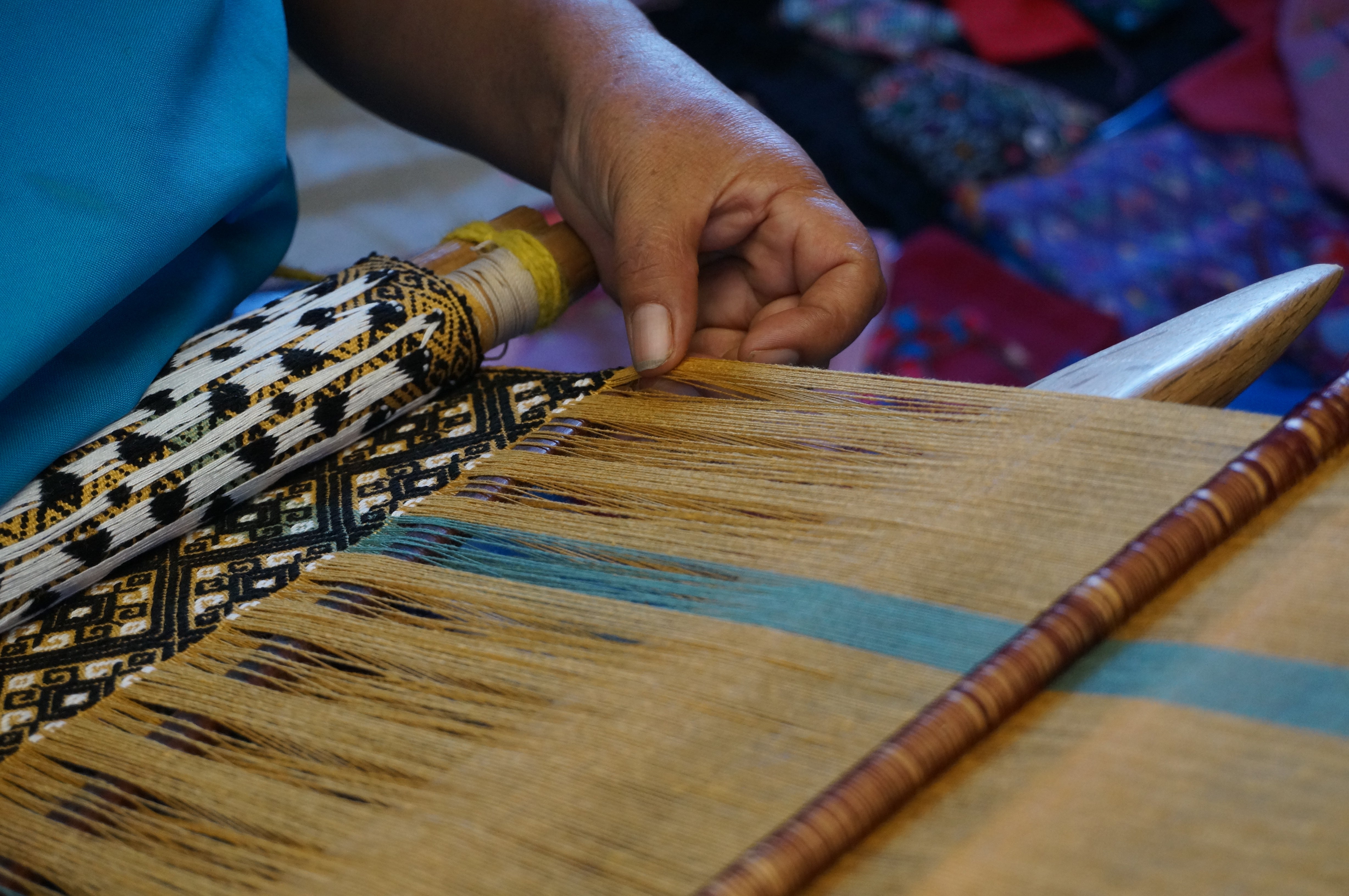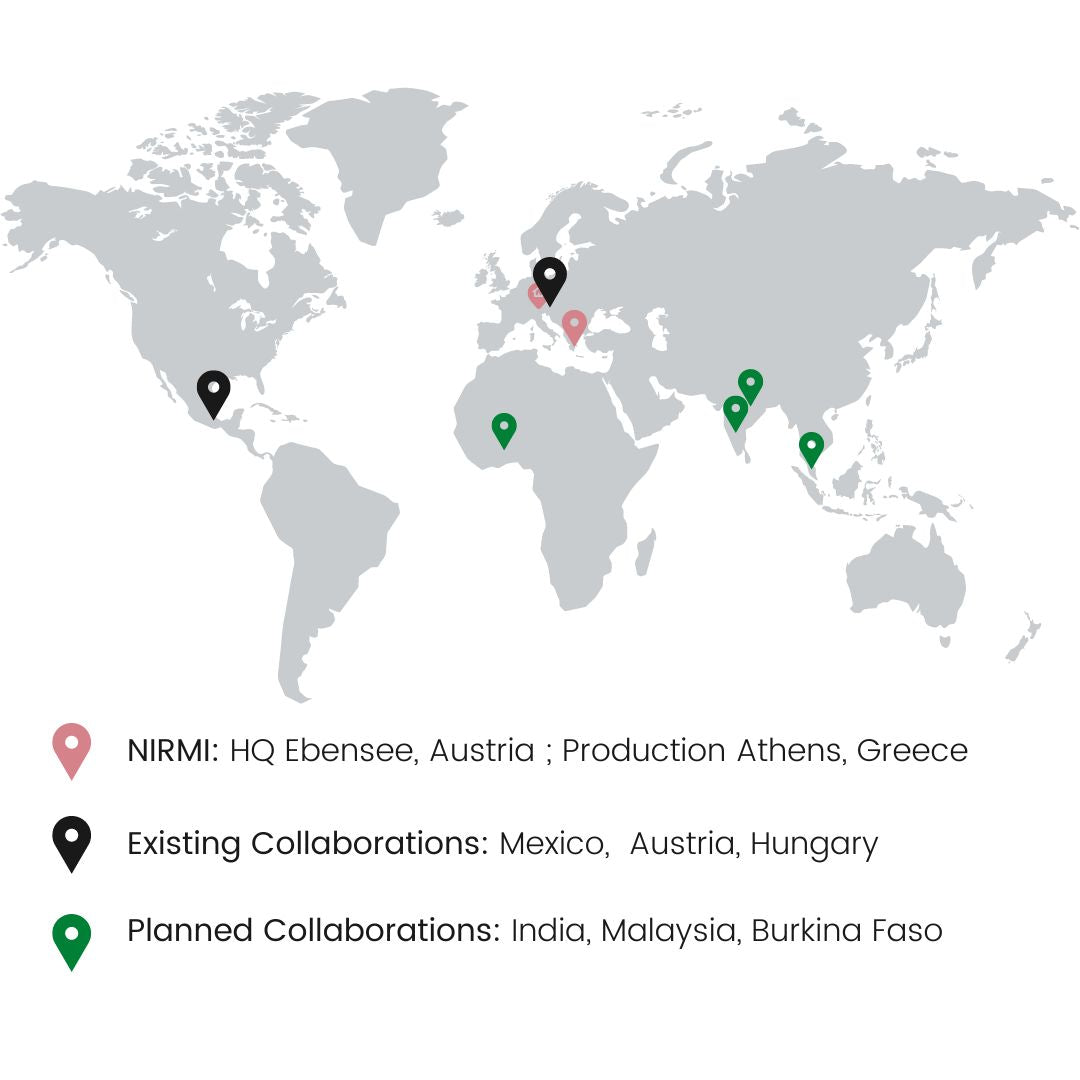
Artisan Map
Our collaborations
We enter into collaborations with local NGOs, social enterprises or cooperatives that support traditional textile artisans in rural regions of the world. Using centuries-old techniques, the artisans create artistic unique pieces by weaving, embroidering or dyeing. While their traditional textile techniques are the epitome of “Slow & Sustainable Fashion”, they suffer from a lack of market access to the international target groups that could buy their products.
your impact
How do you support the craftswomen?
In the rural areas where our partners live , textile handicrafts are the only possible source of income for many of the women. Especially for older women and mothers who take care of children, house, field and garden.
NIRMI makes your textile art viable: We buy the handmade fabrics directly from the artists. The prices that are paid for this are determined by the craftsmen themselves and ensure a living wage .
At our socio-economic production partner ANKAA Project in Greece, the fabrics from all over the world are then sewn into 29x34cm impact patches. They are connected to the NIRMI baby carrier and other everyday products for parents using snap fasteners.
By purchasing a NIRMI baby carrier, you are helping these women have a regular income , financial independence and give their families more opportunities overall.
With our first patches we have so far supported 31 female textile artists. The women's average earnings per patch (just the time without material) was around €15.
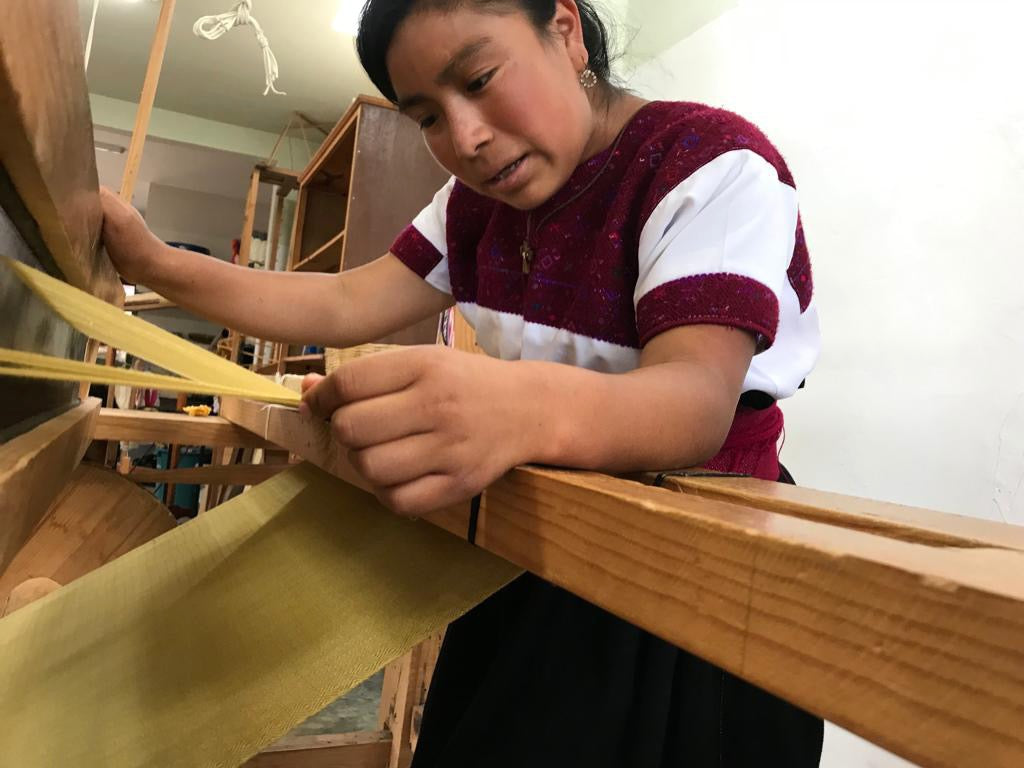
Mexico
Cooperative Jolom Mayatik
The cooperative Jolom Mayaetik was founded in 1995 and now unites over 250 weavers from 11 different regional groups who support each other.
All members of the cooperative are indigenous women who face difficulties accessing educational and health resources and the formal labor market. All come from farming families who practice subsistence farming and supplement their meager income with seasonal jobs in the town of San Cristóbal de las Casas or as day laborers during the coffee harvest in other areas of Chiapas. Participation in the cooperative offers the weavers the opportunity to earn a fair additional income through the textile knowledge that is passed on from generation to generation.
To the cooperative's website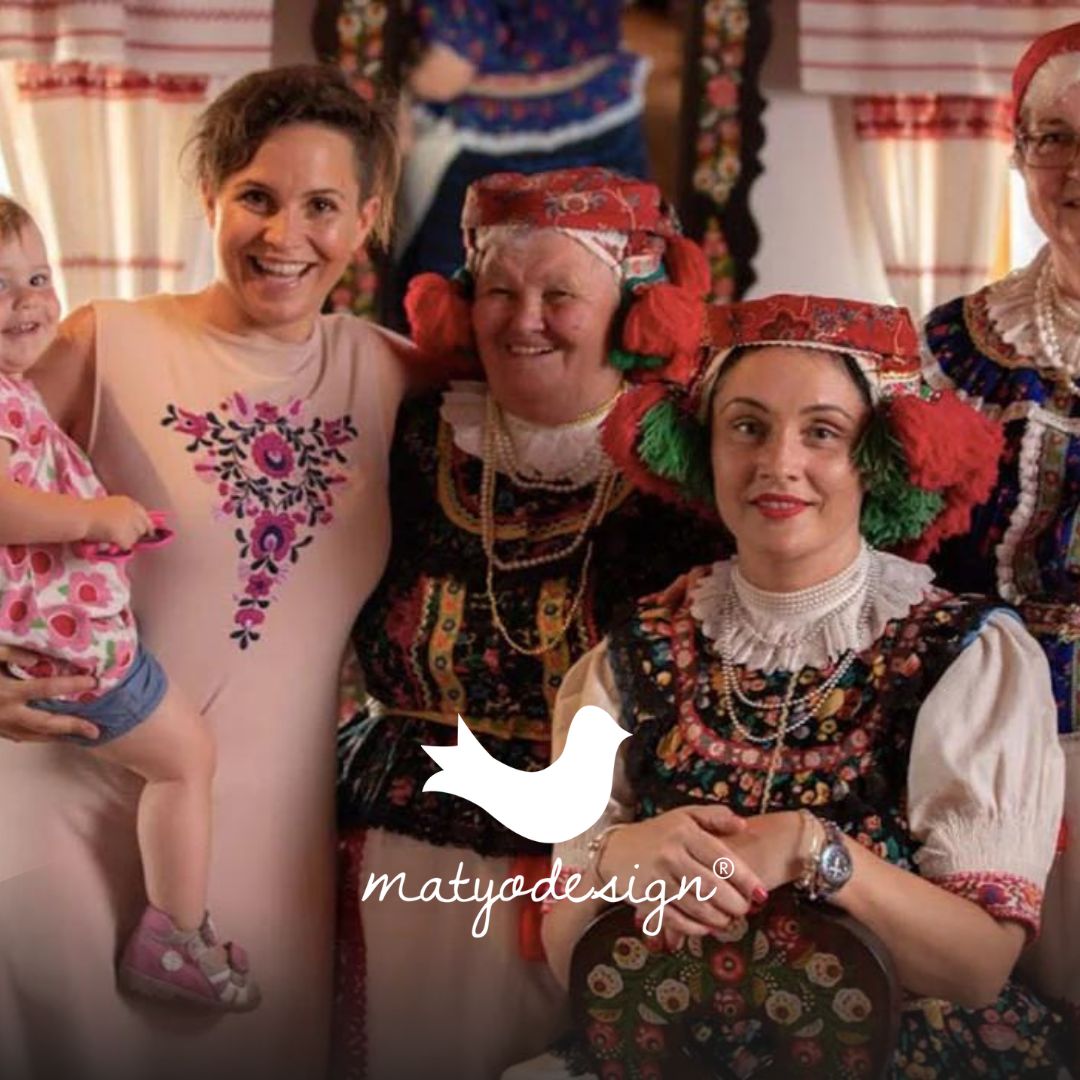
Hungary
Matyodesign
Matyodesign is a social enterprise from Hungary that breathes new life into traditional Hungarian Matyó embroidery. Her hand-embroidered products not only pay homage to the unique cultural heritage of the Matyó community, but also provide meaningful income opportunities for 35 women in Tard, a small village in northeastern Hungary.
To the Matyodesign website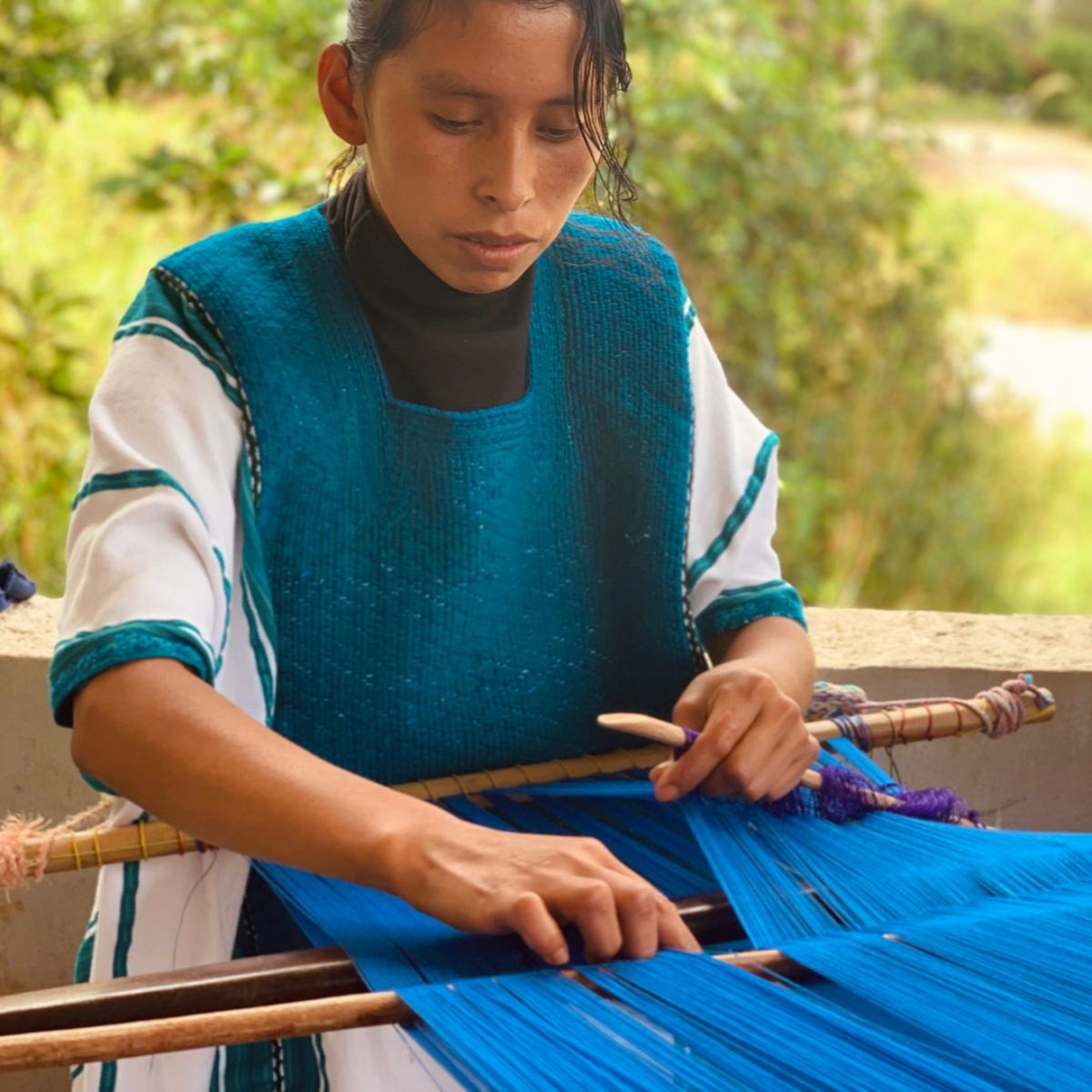
Mexico
NGO Impacto
The NGO Impacto acts as an intermediary between the traditional weavers in the Chiapas highlands and national and international designers or social enterprises such as NIRMI. The NGO helps the women to set up cooperatives in order to be able to market their products better and to support each other. Impacto also organizes workshops to improve craft, social and entrepreneurial skills, empowering women and promoting equal coexistence.
Through Impaco we are currently collaborating with textile artists from the group "Jalab Antsetik" from San Juan Cancuc and "Luchetik" from Aldama.
To the Impacto website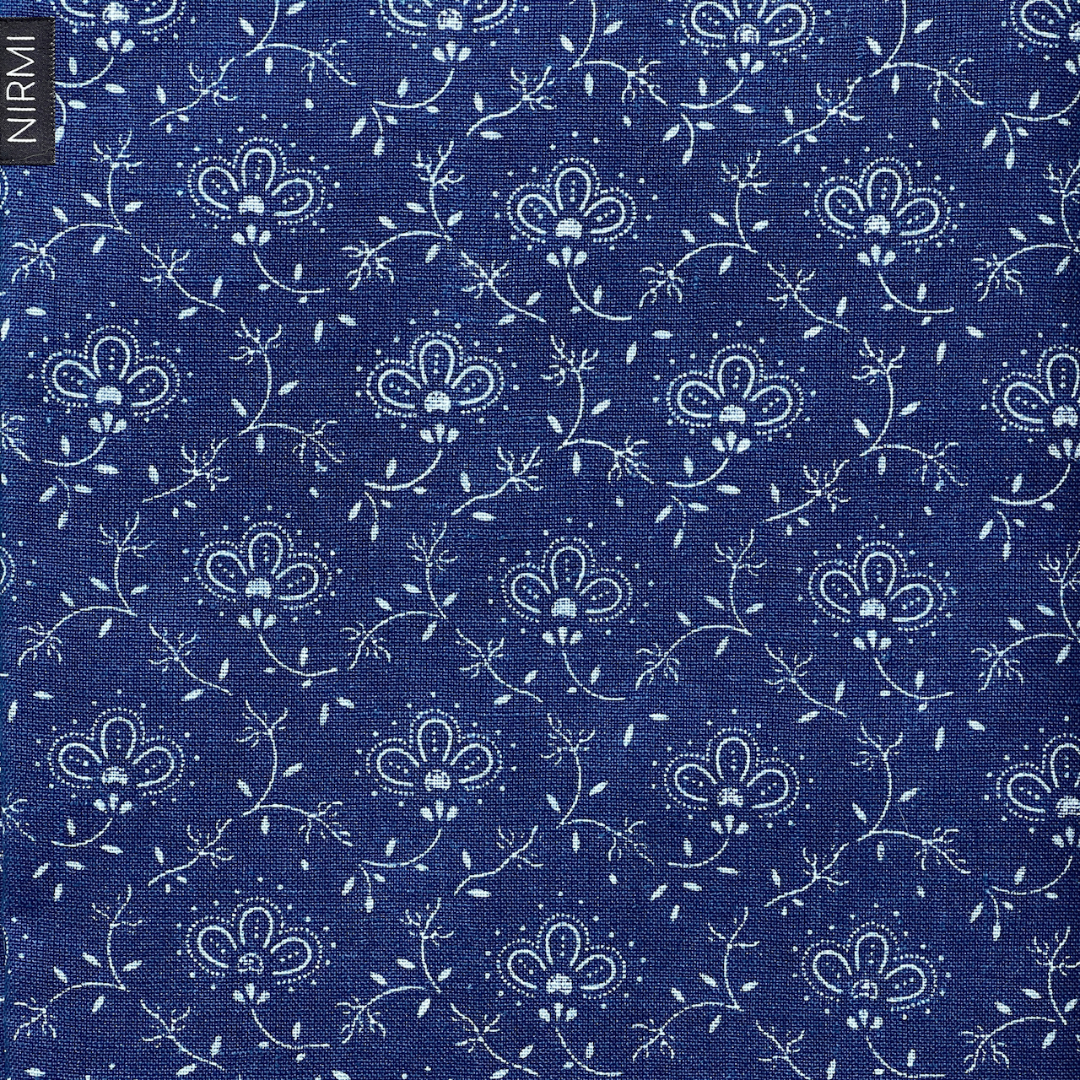
Austria
Blueprint Wagner
In Austria, too, there are still traditional textile handicrafts. Blueprinting is a traditional craft that has almost died out in German-speaking countries. Maria and Karl Wagner run one of the last two blueprint shops in Austria in the Mühlviertel. Linen has been printed and dyed by hand in the family business since 1878, now in its fourth generation.
To the website